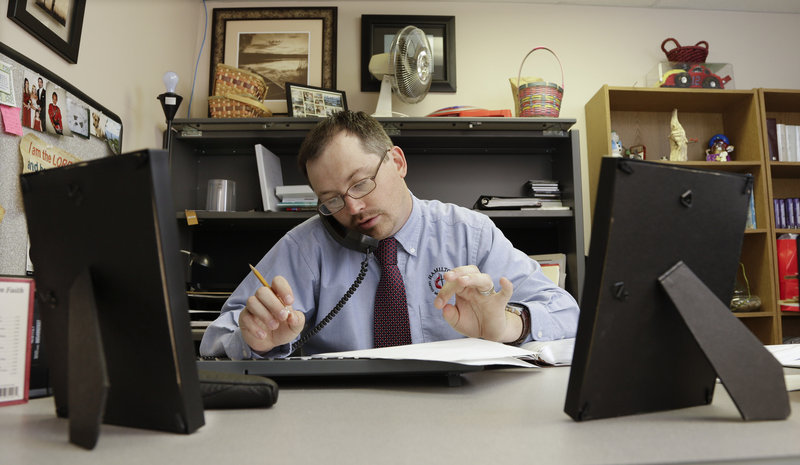NASHVILLE, Tenn. – When Grace Liverman needed to write a will, the 66-year-old who suffers from lupus didn’t know where to turn. So she called her pastor at Hamilton United Methodist Church in Nashville.
Liverman didn’t know it, but the church had recently begun participating in a pilot program that provides attorneys to needy members at no cost. Soon after that call, a lawyer came to her home and helped her draft a will.
“I was totally depressed and stressed out, not knowing what was going to happen,” Liverman said. “It was like a miracle, almost, that someone would do this for me.”
Tennessee’s faith-based initiative is unusual compared to most legal aid programs across the country because it recognizes that many people who could use an attorney’s help would never go to a legal aid clinic even if it were held at their house of worship. That’s because they don’t see their problem as a legal one.
“People show up every day at churches and synagogues and mosques, and they may not ask for legal help. They may need food assistance. But often there is an underlying legal problem,” said Tennessee Supreme Court Justice Connie Clark, who helped the faith-based initiative get off the ground. “We realized we can help more people by going to where they are already going for help.”
The Tennessee Alliance for Legal Services estimates there are about 1 million low-income Tennesseans in need of civil legal help. Although there are no good national numbers, the Legal Services Corp., which funds legal aid clinics around the country, estimates that fewer than one in five low-income people get the legal assistance they need.
In criminal cases, defendants are entitled to an attorney and the state appoints one if they cannot afford it. But there is no such provision in civil cases. That means people in need of legal help to fight eviction, settle issues with creditors, file for divorce or even fight for custody of their children must pay for an attorney on their own or make do without.
“The whole system is built on the assumption that everybody has lawyers, and almost nobody does,” Richard Zorza said. “But over the last 15 years or so, there’s been an explosion of ideas for different ways to solve the problem.”
Zorza is an advocate for the Access to Justice movement that is generating those ideas. Access to Justice commissions exist in 27 states and are being considered in a half-dozen more, according to a report from the National Center for State Courts. Each state operates a bit differently, but the idea is the same: helping people who cannot afford a lawyer get the legal assistance they need.
In Tennessee, that has included changing the rules to make it easier for retired lawyers to provide free services, developing a toll-free legal hotline and posting online videos about navigating the justice system.
The faith-based initiative began in February with a pilot project in Methodist churches in the Middle Tennessee region, but Clark said it’s already expanding to other Christian denominations, other faiths and other parts of the state.
Besides finding people who need help through their pastors, rabbis and imams, the faith-based initiative also works through houses of worship to recruit the lawyers who donate their services.
Send questions/comments to the editors.



Success. Please wait for the page to reload. If the page does not reload within 5 seconds, please refresh the page.
Enter your email and password to access comments.
Hi, to comment on stories you must . This profile is in addition to your subscription and website login.
Already have a commenting profile? .
Invalid username/password.
Please check your email to confirm and complete your registration.
Only subscribers are eligible to post comments. Please subscribe or login first for digital access. Here’s why.
Use the form below to reset your password. When you've submitted your account email, we will send an email with a reset code.